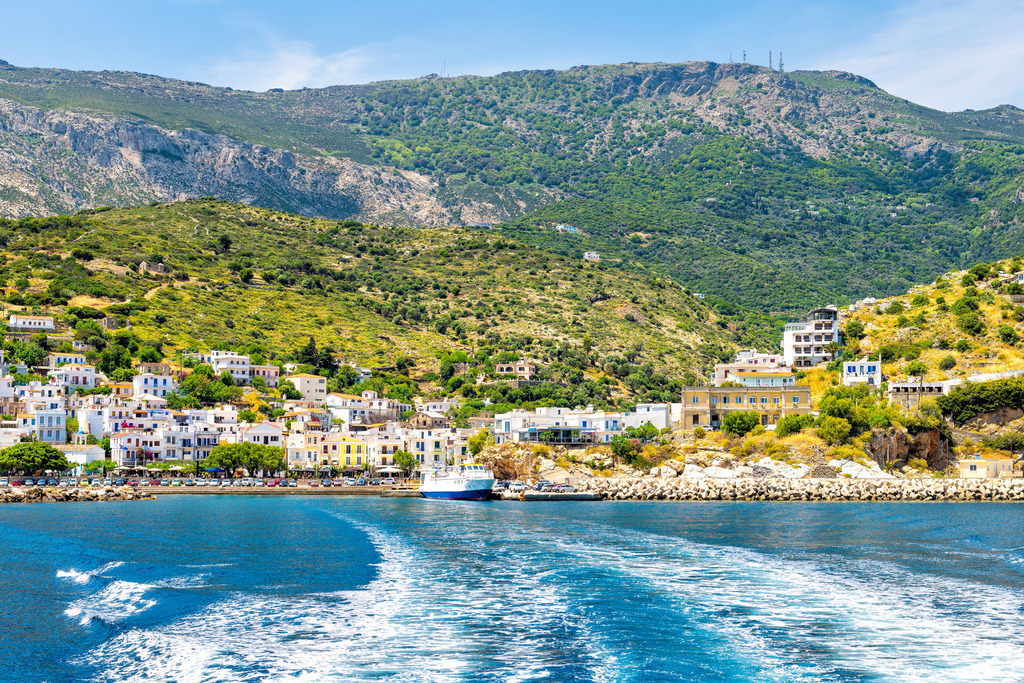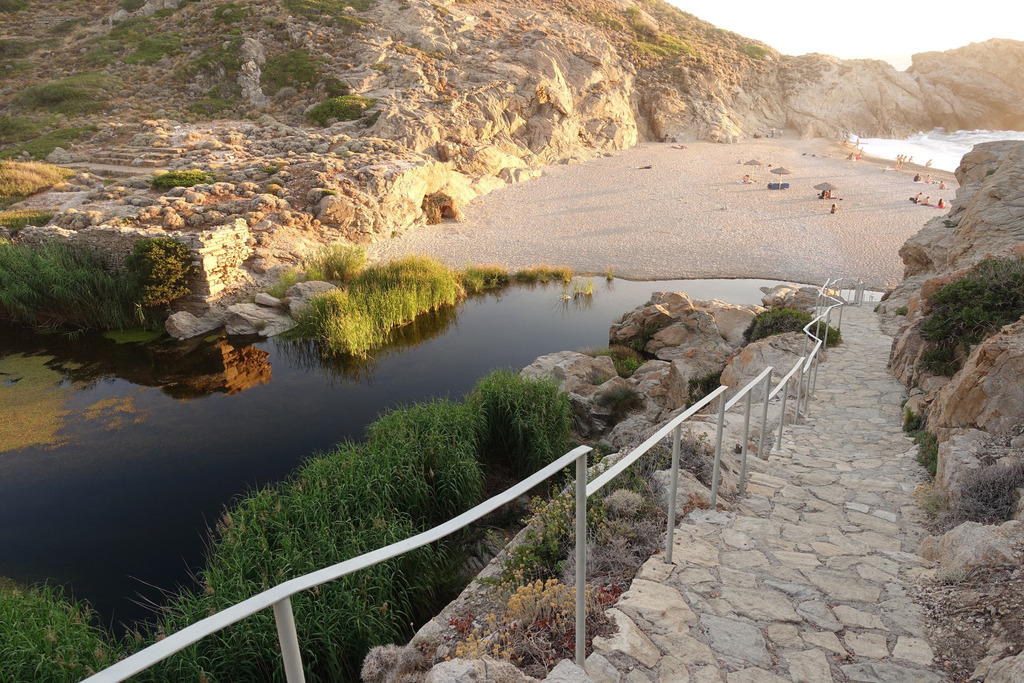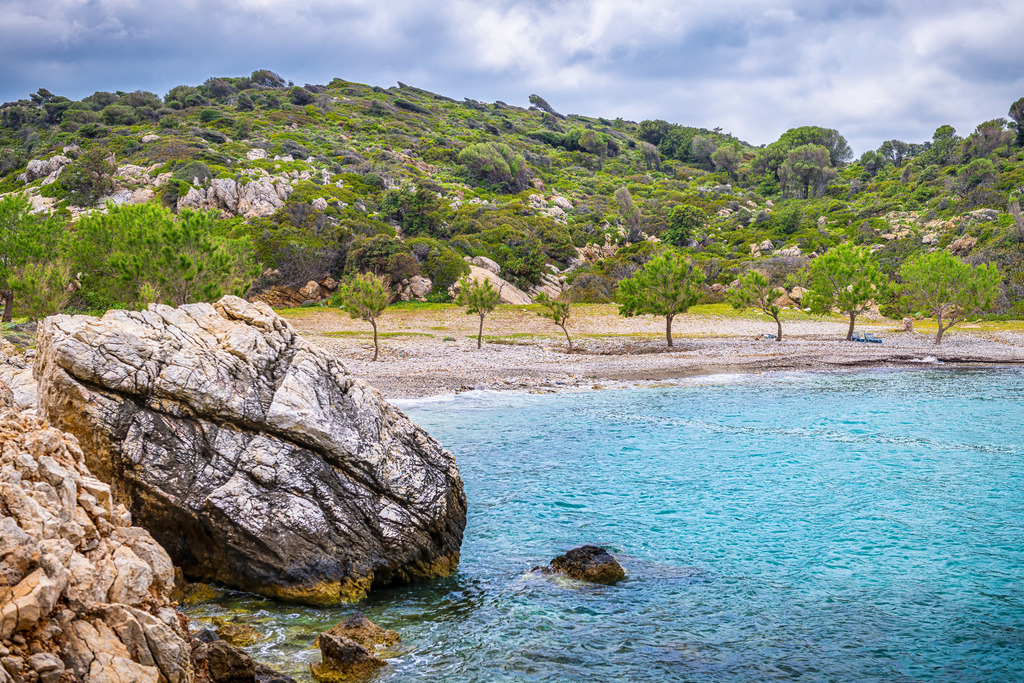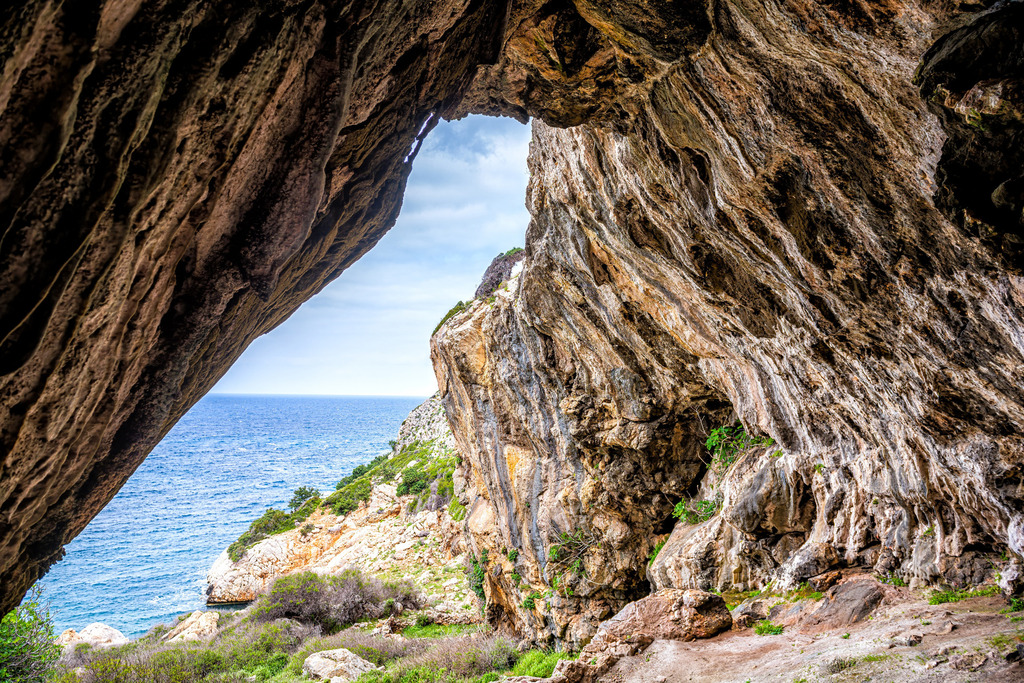Sailing Mid-Sea
The route covers a total of 95 kilometers and takes about 2 hours by car or motorcycle without stops. It is accessible year-round and ideal for visitors who love nature, the sea, carefree living, tranquility, mountains, mountaineering, adventure, celebration, and good food.
At the edge of the Aegean, this two-hour journey leads to a world where wild beauty meets unpretentious hospitality and deep-rooted gastronomic tradition. From Agios Kirykos with its thermal springs, the road winds up and down between pine-covered slopes and cliffs that end in dreamy beaches. The Halaris Gorge and waterfalls offer refreshing pauses, while the old settlement of Monokampi tells stories of another era. In Nas, the sea merges with the foundations of the ancient site, while Raches and Armenistis reveal the island’s slow, carefree rhythm of life.
Here, the cuisine mirrors the land itself. Soufiko bursts with summer, with eggplants, peppers, and zucchini slowly cooked in local olive oil. Goat wrapped in parchment paper and baked in a wood oven absorbs the aromas of mountain herbs. Kolokasi with rice is a warm, homely dish, while fresh fish and seafood bring the sea’s saltiness to the table. Boiled billy goat is served at festivals as locals understand it-simply, with a drop of lemon and coarse sea salt-showcasing Ikaria’s culinary wealth and heritage.
And then come the panigyria, the festivals where Ikaria’s heart beats strongest. Beneath the starry sky, instruments weave melodies, young people dance in circles until dawn, and Pramnian wine-harsh and austere-flows into glasses. Heather honey perfumes the air, platters are filled with meats, goat pastrami, and pies, and at the end, rose spoon sweet offers the promise that every return to the island will once again be a celebration. Do not forget to take some of Ikaria’s unique products with you, and if you wish to stay, you will find accommodations easily around Fanari, Agios Kirykos, Evdilos, and Armenistis, as well as countless tavernas and restaurants serving dishes made with local recipes.
Route products
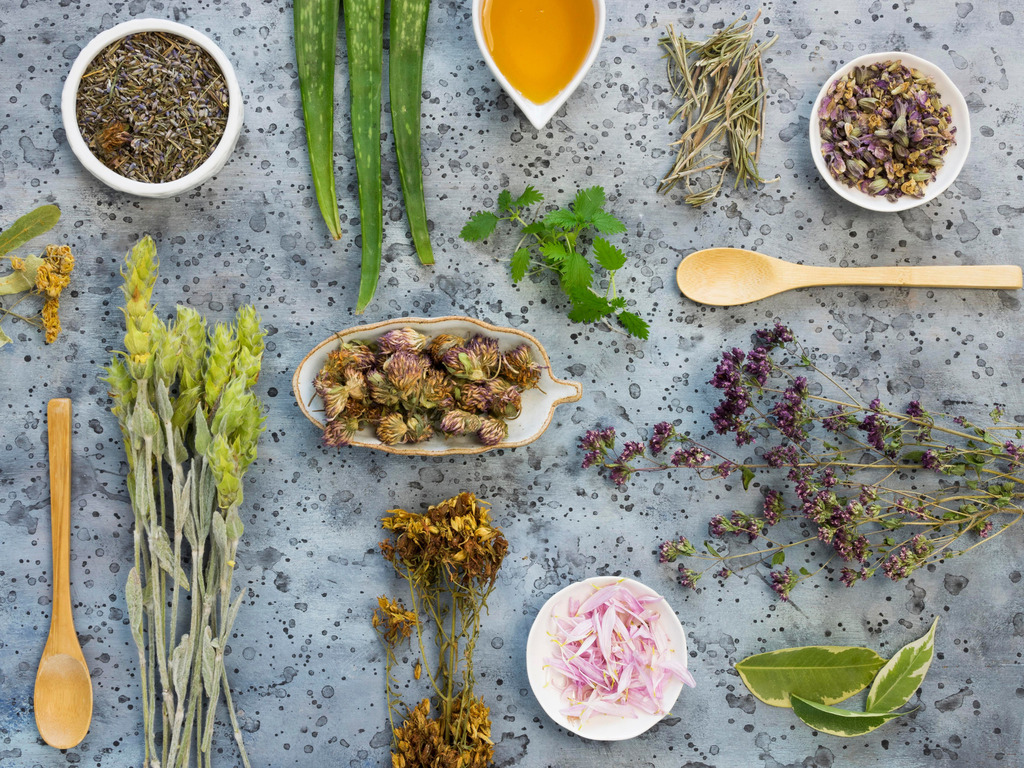
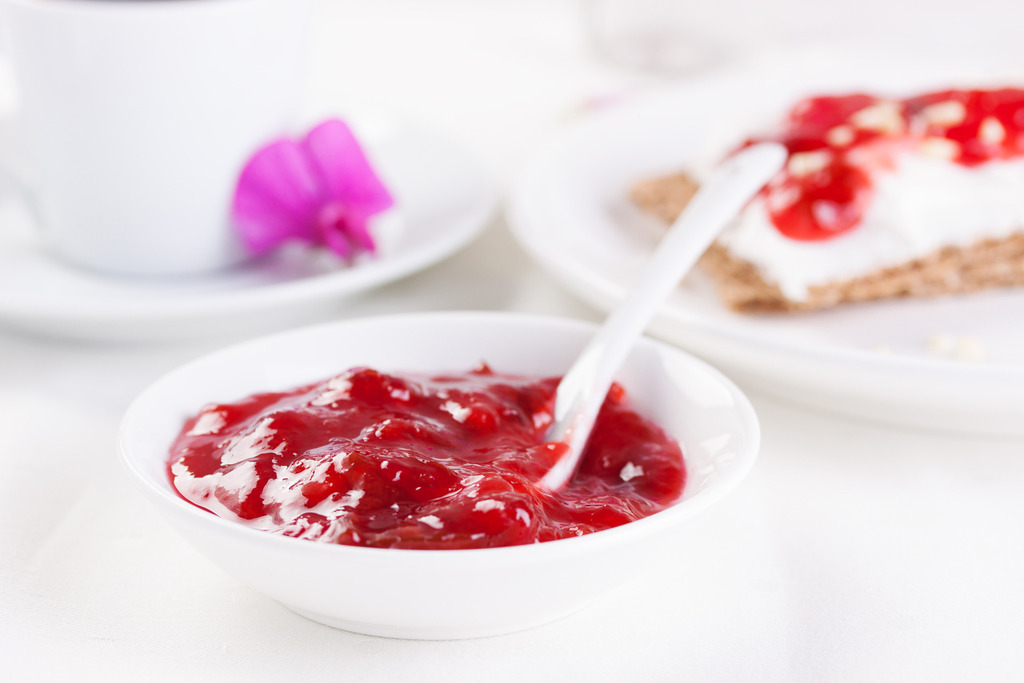
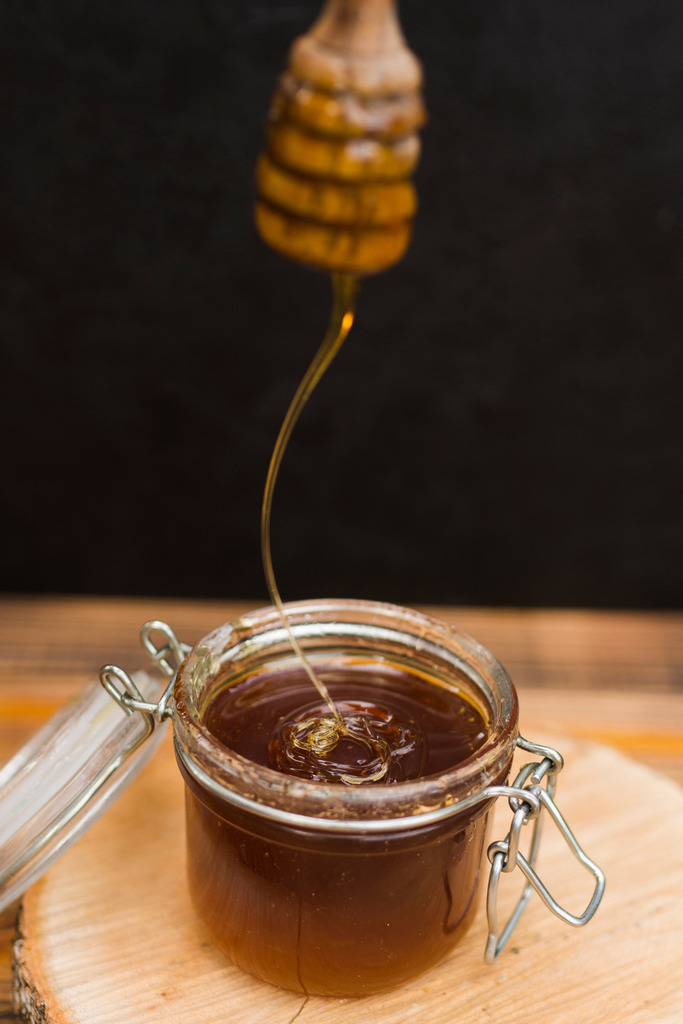
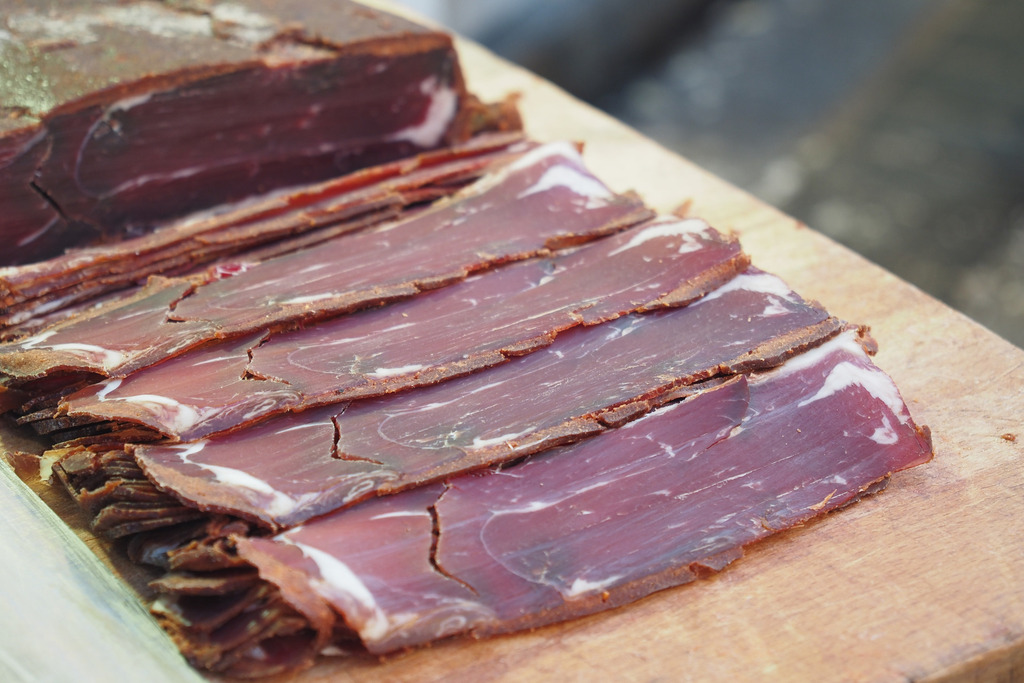
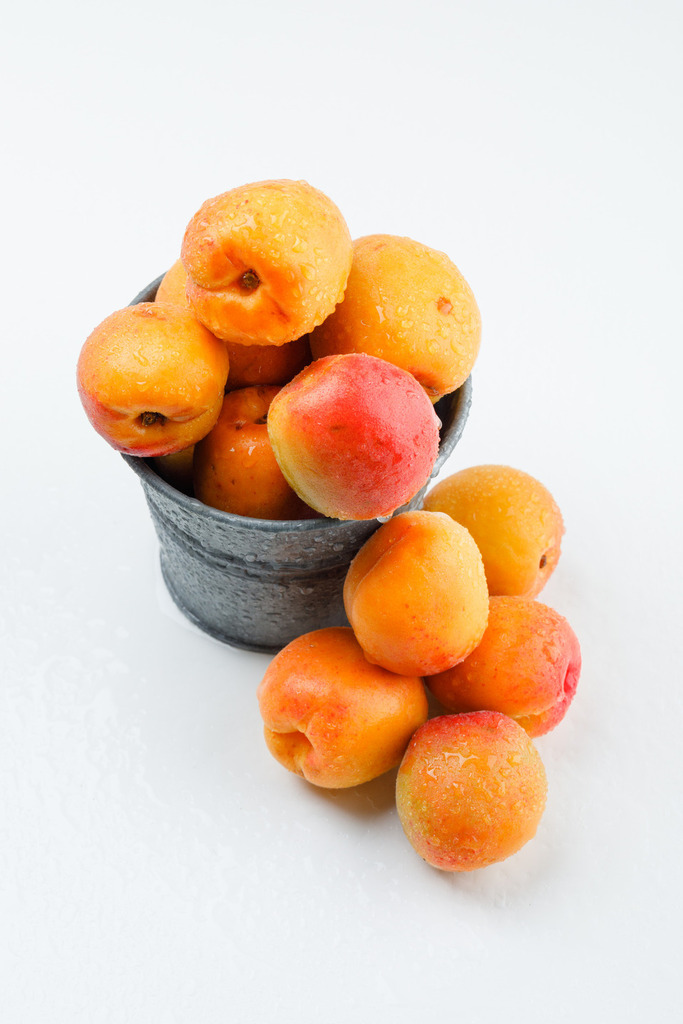
PGI products
Ikaria wine.
Special products
Pramnian wine, heather honey, kolokasi (taro root), kaïsa (apricot), Ikarian goat pastrami, fish and seafood, rose spoon sweet.
Route delicacies
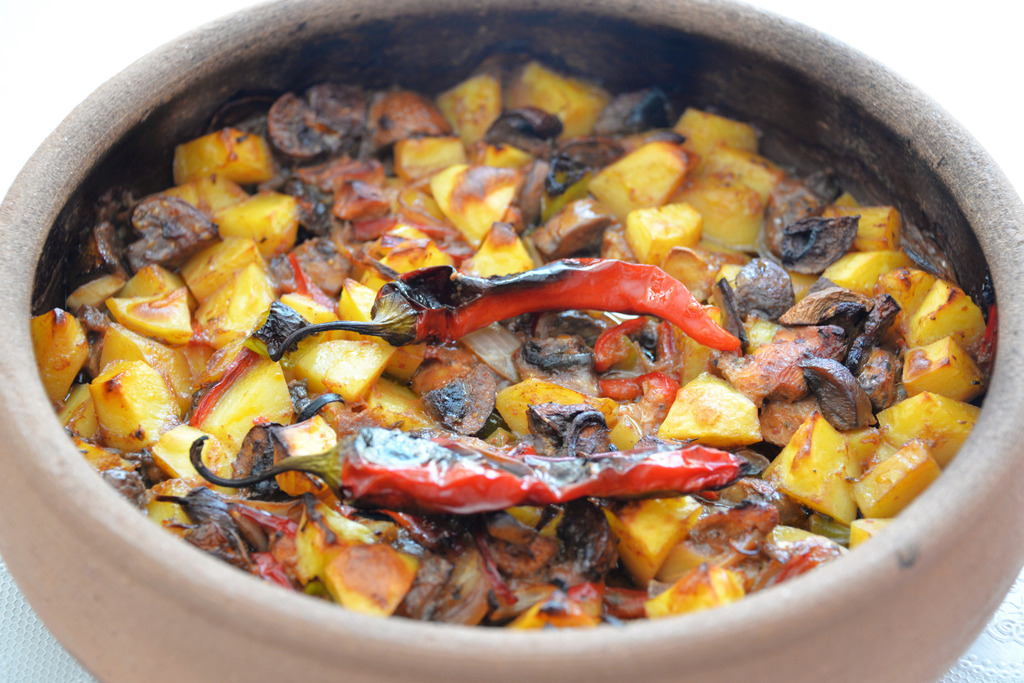
Soufiko
The signature dish of Ikaria, a summer vegetable casserole similar to briam. Made with a wide variety of seasonal vegetables such as eggplants, zucchini, peppers, tomatoes, and potatoes. Its distinctive taste comes from slow cooking and abundant use of local aromatic olive oil
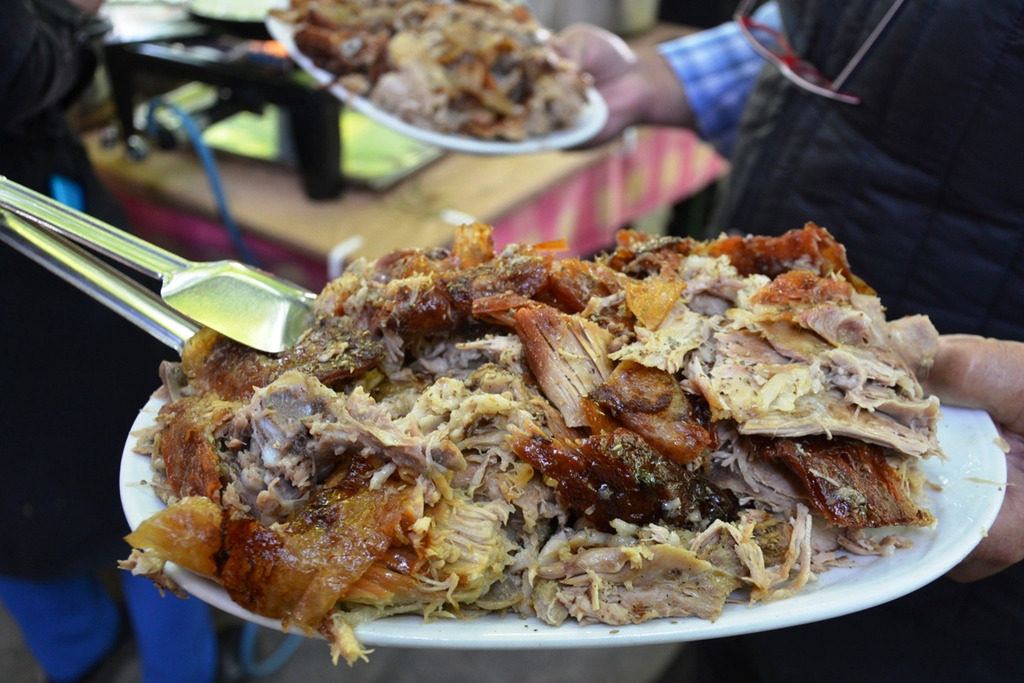
Goat baked in parchment paper
One of Ikaria’s most famous meats, as the goats roam semi-wild and develop exceptional flavor with little fat. When baked in a wood oven wrapped in parchment with mountain herbs, the result is tender, juicy, and aromatic.

Kolokasi
A root vegetable similar in flavor to sweet potato, consumed only in Ikaria and always cooked, as raw it contains toxins. It makes hearty, distinctive dishes-cooked with rice, beans, boiled with garlic dip, baked or stewed with meat, or even served as soup.
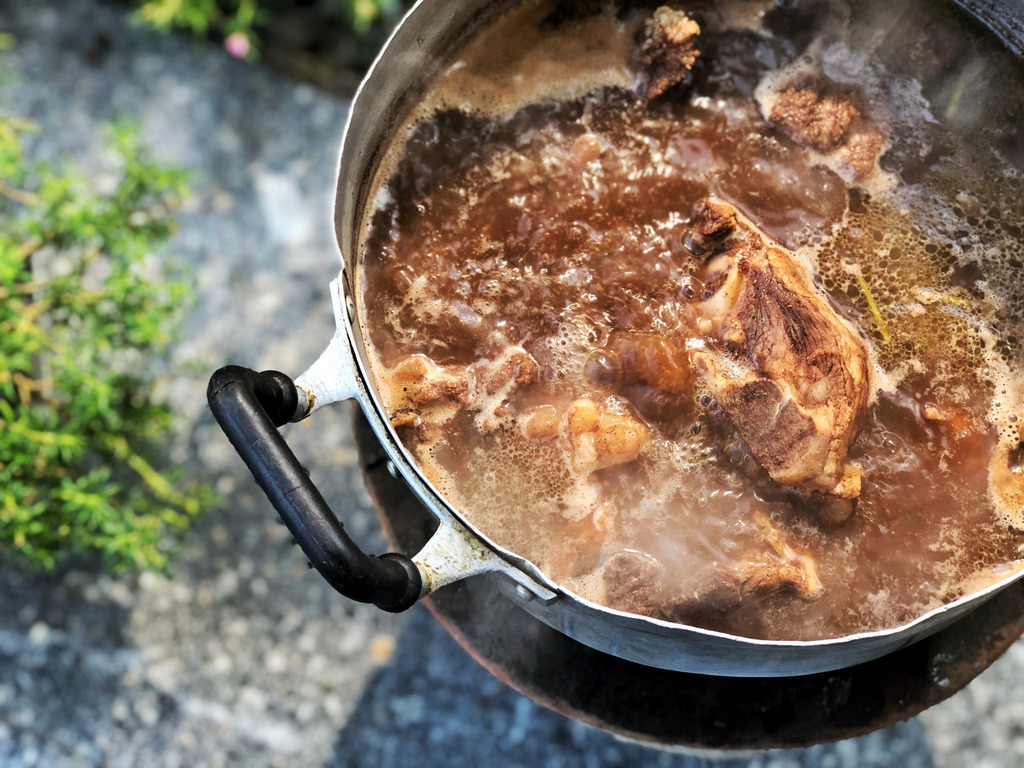
Boiled billy goat
The quintessential taste of Ikaria’s summer festivals. Large cuts of meat are simmered for hours in cauldrons with only Ikarian sea salt and sprigs of savory. When ready, the meat is removed and served with fresh lemon, accompanied by local wine, while the broth itself is considered a delicacy-especially after a long Ikarian feast.

